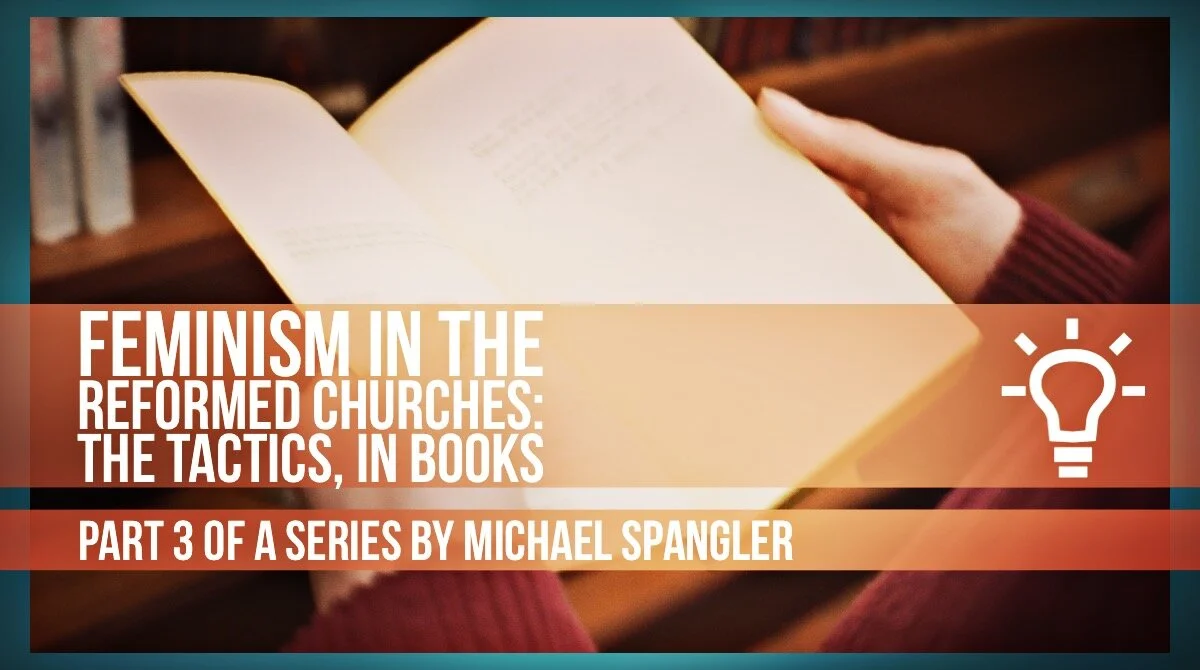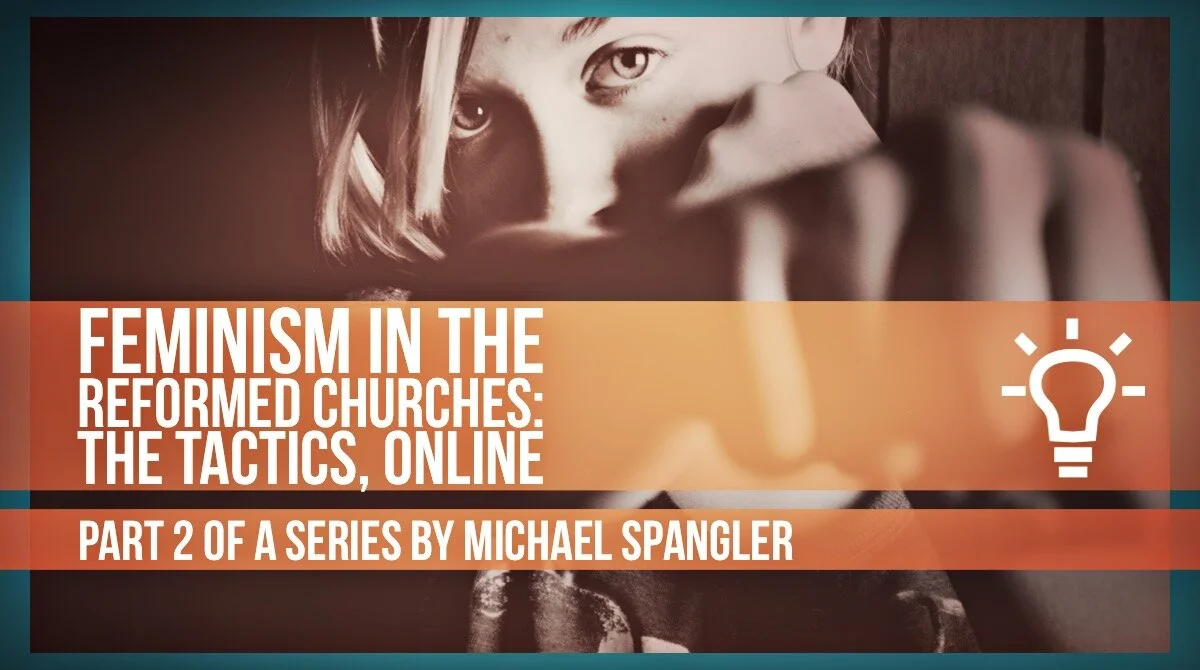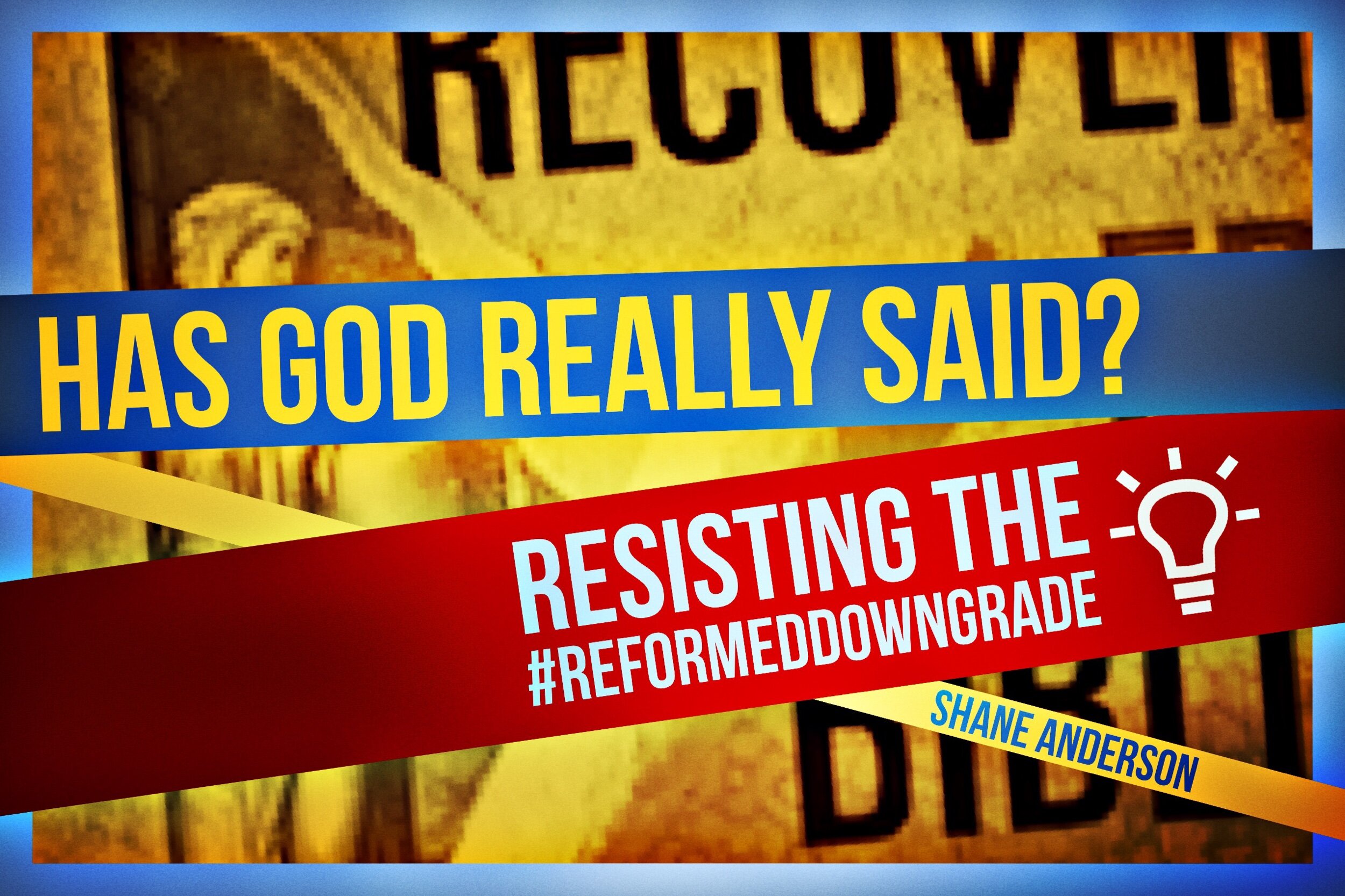







The Judicial Laws of Moses and General Equity
To them also, as a body politic, he gave sundry judicial laws, which expired together with the state of that people, not obliging any other now, further than the general equity thereof may require.” (Westminster Confession of Faith, 19.4)
This has been a section of the Westminster Confession which has met with differing interpretations, especially in more recent decades. In particular, it has become central to the question of whether “theonomy” is within the boundaries of the Westminster standards. It also was a point of contention when in 2001 the 68th General Assembly of the OPC declared that “the use of women in military combat is both contrary to nature and inconsistent with the Word of God.”1 A protest to this action objected to this declaration in part because it argued “largely from Old Testament narrative and civil law,” citing 19.4 of the Westminster Confession as a reason why this biblical support was “highly dubious.”2 In my own experience, talking to people and reading books on the Westminster Confession, there is a bit of confusion as to the meaning of this paragraph about the judicial laws.






Use our archive link above to find all of our available blog content, or search for your topic or author of interest.
Featured Posts
We need not reinvent Christianity or carve out ever-smaller enclaves to prove our faithfulness. We do not need to imitate the liberal order’s obsession with identity and control. We can return to nature, heritage, tradition, fathers, and our faith. Sectarian comfort is a false security for a people who have forgotten how to receive life from God’s hand. It will take Christian courage in an age of liberals and sects to grow deeper roots and provide a more secure and fruitful future.
Follow us on social media:





















